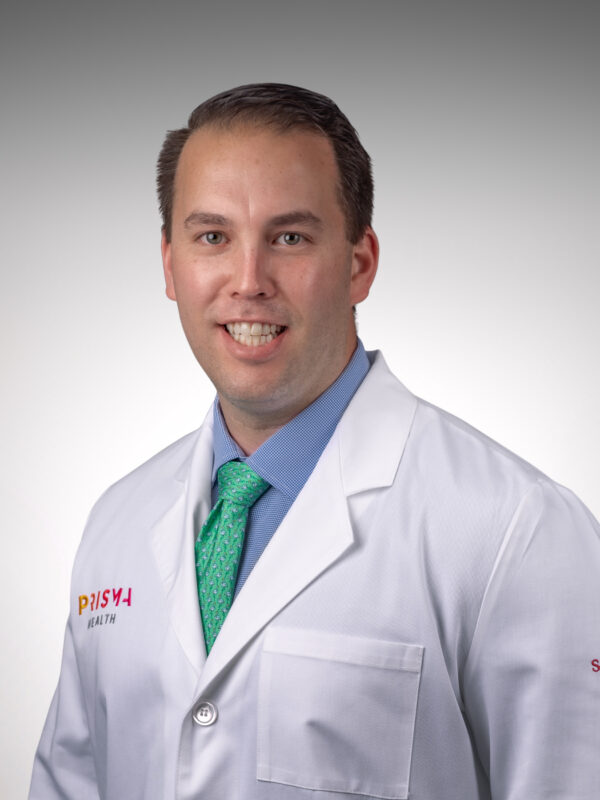The truth behind 4 lung cancer myths
Lung cancer is the leading cause of cancer deaths worldwide. According to the American Cancer Society, more people die of lung cancer than colon, breast and prostate cancers combined.
Unfortunately, this type of cancer is often found late when chances of survival are lowest. That’s why it’s important to understand the truth behind common misconceptions. Pulmonologist Matthew Varner, DO, highlighted four myths and explained what you really need to know.
Myth #1: Only people who smoke get lung cancer.
This is a common stigma that just isn’t true.
“While tobacco smoking is the leading cause of and risk factor for it, patients who do not smoke can still develop lung cancer,” Dr. Varner said. “Secondhand smoking and occupational exposure to inhalants can increase risk. There are genetic predispositions to developing this type of cancer as well.”
Myth #2: If you’ve been diagnosed, there’s no point in quitting smoking.
“That certainly is a myth,” Dr. Varner said. “Despite getting diagnosed with lung cancer, it’s still important to quit smoking.”
Quitting can help improve the effectiveness of treatment, reduce side effects and improve your overall quality of life. Get tips for quitting smoking here.
Myth #3: There’s nothing you can do for advanced lung cancer.
Treatments such as immunotherapy (using your body’s own immune system) and checkpoint inhibitors, as well as palliative care, can help improve symptoms and quality of life for those with advanced cancer.
Myth #4: There isn’t a way to find lung cancer before it starts to cause symptoms.
“That’s a very big myth,” Dr. Varner said. “For people who are at risk, we can provide a lung cancer screening by doing a low dose CAT scan of your chest. Low dose means it uses a low dose of radiation.”
To qualify, you must be between the ages of 50 and 80 and smoked one pack per day for 30 years. You can also qualify if you are currently smoking or if you quit within the past 15 years.
“If you feel that you are a candidate for this screening, or if you have a family history of this kind of cancer, please let your primary care provider know that you would like to get screened,” he said. “They can either order a CAT scan themselves or refer you to a pulmonologist.”
The bottom line
Lung cancer is a serious disease, but screenings and treatments are available. Be sure to understand the facts and talk to your doctor if have questions.
Find a doctor
Whether you’re looking for a primary care physician or need to see a specialist, we’re here to help with experienced, compassionate care near you.
Find a Doctor

